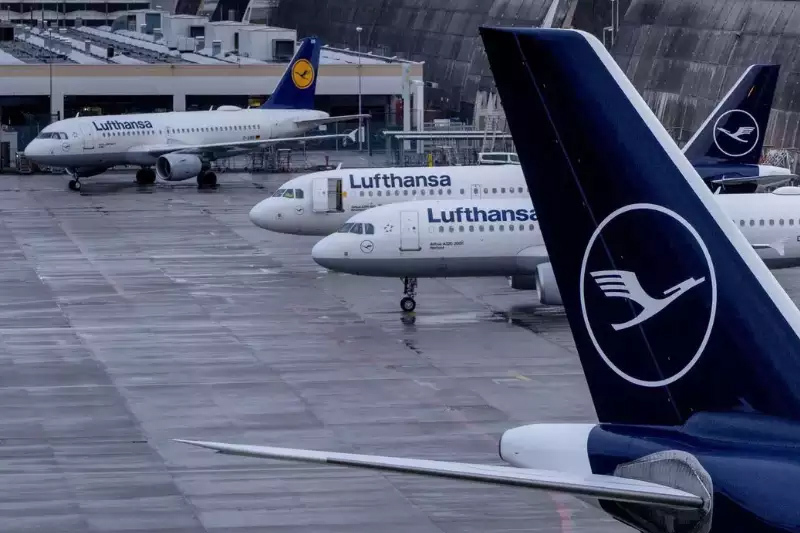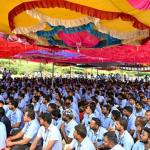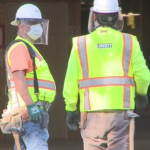
The declaration of a strike by ground staff at Lufthansa, one of Germany’s major carriers, has raised concerns about disturbances in travel and highlighted continuous labor debate inside the country’s transport division
The declaration of a strike by ground staff at Lufthansa, one of Germany’s major carriers, has raised concerns about disturbances in travel and highlighted continuous labor debate inside the country’s transport division. The strike, planned to start on Tuesday and enduring until Wednesday morning, is anticipated to influence a few key air terminals over Germany, counting Frankfurt, Munich, Hamburg, Berlin, Duesseldorf, Cologne, and Stuttgart.
Lufthansa’s Reaction and Dissatisfaction
In reaction to the strike declaration, Lufthansa’s official board member, Michael Niggemann, communicated dissatisfaction. He highlighted the airline’s endeavors to reach a determination amid arrangements, emphasizing that Lufthansa had displayed a comprehensive offer that was eventually rejected by the Verdi union. Niggemann deplored the burden the strike would cause to both travelers and staff individuals, reverberating opinions from a past strike in early February, which led to the cancellation of hundreds of flights and influenced tens of thousands of travelers.
Requests of the Verdi Union
At the heart of the labor debate are the requests of the Verdi union, speaking to roughly 25,000 ground staff laborers at Lufthansa. The union is pushing for noteworthy wage increments, looking for a raise of 12.5% or a least of 500 euros per month over a 12-month period for its individuals. Furthermore, Verdi is calling for a one-time installment of 3,000 euros to balance the effect of expansion. These requests reflect broader concerns within the labor drive with respect to reasonable recompense and made strides working conditions.
Setting of Labor Debate in Germany
The ground staff strike at Lufthansa is part of a bigger drift of labor debate in Germany, influencing different segments, counting travel, railroads, and open transportation. These debates have emerged in the midst of talks encompassing wage increments, working hours, and collective haggling understandings. The strikes emphasize the challenges confronted by specialists in exploring financial vulnerabilities and the requirement for bosses to address their concerns in a significant way.
Arrangements and Determination Endeavors
Endeavors to resolve the labor debate between Lufthansa and the Verdi union are continuous. Both parties have locked in arrangements pointed at coming to a commonly worthy ascension. Be that as it may, the strike activity shows that critical holes stay between the requests of the union and the offers put forward by the carrier. The result of these transactions will have suggestions not as it were for Lufthansa and its workers but moreover for the broader labor advertise in Germany.
The ground staff strike at Lufthansa highlights the complex flow at play inside Germany’s labor scene and the challenges confronted by specialists in pushing for their rights and interests. As transactions proceed, partners must work towards finding a determination that addresses the concerns of all parties included, guaranteeing steadiness and reasonableness inside the transport division and past.







